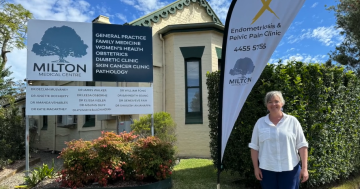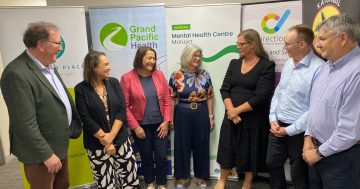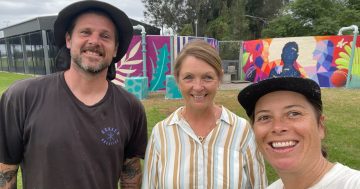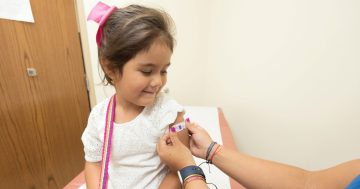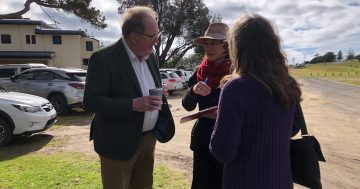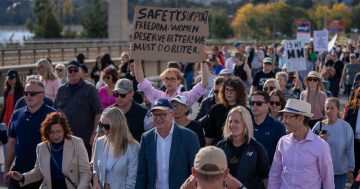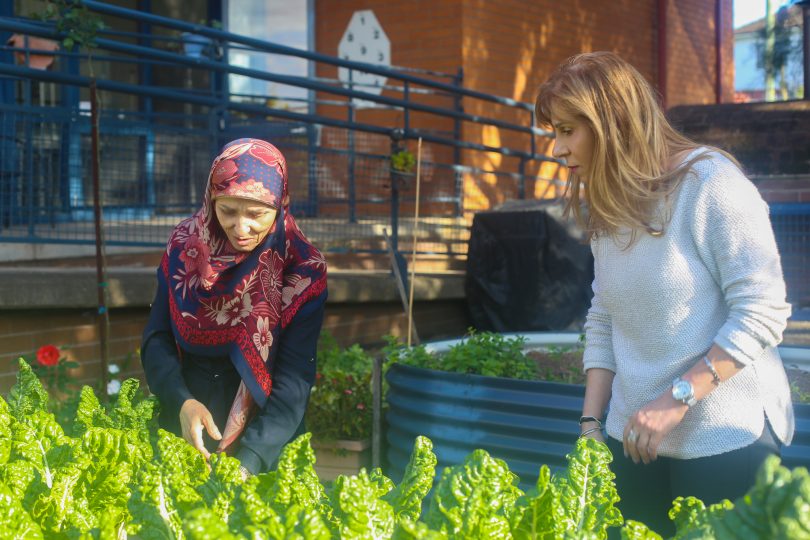
The CPS program aims to support 16 to 65-year-olds dealing with mental health issues. Photo: Coordinare.
A new community-based support program has been introduced to assist people suffering from mental health issues across South Eastern NSW.
Funded by Coordinare, the South Eastern NSW Primary Health Network, the new Commonwealth Psychosocial Support (CPS) program is designed to support people in regional communities dealing with mental health issues.
“We are delighted to have partnered with four local organisations to deliver the Commonwealth Psychosocial Support (CPS) Program across our region,” Coordinare chief executive officer Dianne Kitcher said.
“This program is designed for adults aged 16 to 65 and provides a range of services to help people manage daily activities, rebuild and maintain connections, build social skills and participate in education and employment.
“We understand that this will be particularly helpful to many people in our region who are impacted by severe or complex mental health issues.”
The CPS program is free to access for anyone who is not receiving NDIS payments and is provided by mental health professionals and highly trained peer support workers who have previously experienced struggles with their own mental health.
CPS support will be available in South Eastern NSW at Flourish in Goulburn, One Door in Moruya, Nowra and Wollongong, and The Disability Trust in Bega, Batemans Bay and Cooma.
Coordinare mental health service development and performance manager Eugene McGarrell said the main goal for the program was to provide a three to six month period of support.
“It’s about helping people transition from having a complex health issue and into being able to live a sustainable life or a high quality of life,” Mr McGarrell said.
“That might mean transitioning them to a program like the NDIS or some other program that will continue to support them for a longer period afterwards, depending on their needs.”
Mr McGarrell said the Commonwealth-funded program was designed specifically for people dealing with severe or complex mental health conditions.
“We know that when people are recovering from complex mental health issues, what’s needed is to really offer some practical support around daily living to help them rebuild and maintain their friendship networks,” he said.
“We’ve got four community-managed organisations spread across the region. We work with them to make sure that we’ve got coverage across the Queanbeyan area and in the rural and remote areas too.”
He said the program would accept GP referrals and self-referrals.
“I feel quite excited about the program,” Mr McGarrell said.
“It’s great that we’ve got the services that are really focused to where the need is, and it is also really good that we’ve designed a program with Commonwealth funding to help people transition and recover.”
To find out more about CPS, visit Head to Health or call 1800 595 212 to be connected with mental health services that meet your individual mental needs.







